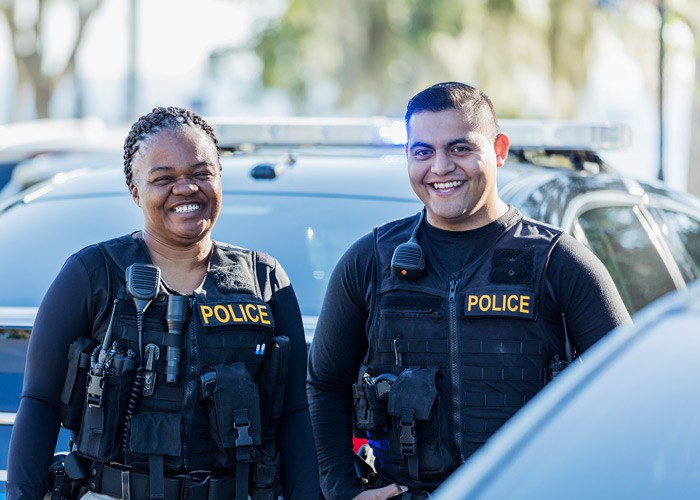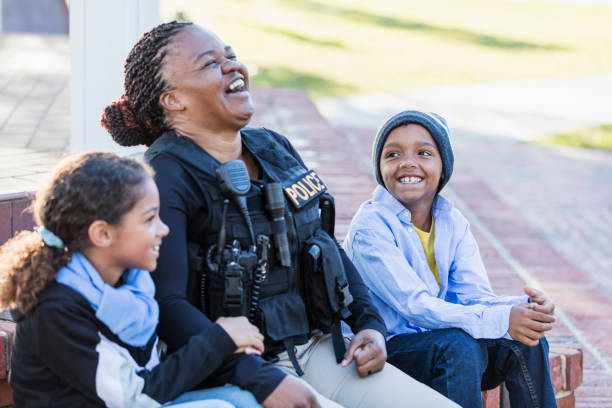Working harmoniously with police agencies responsible for devising crime solutions is beneficial for the community’s safety and the common good. By engaging together, the police departments and community members can continuously develop collaborative strategies to manage the organization more efficiently.
Methods for Better Engagement
Community engagement serves as one of the most vital aspects of effective policing. It is essential for building mutual trust and respect to work successfully together. Below are some methods on how members of the community can engage with their local law enforcement agencies.
1. Emphasize Visibility and Community Collaboration
The police should emphasize collaboration by being visibly seen in the community. The residents can interact more easily with the police departments when they are visible or even outside of enforcement contexts. Grabbing opportunities to interact with community members in a non-enforcement context reduces community and bias. Both parties can get to know each other more and overcome stereotypes.
2. Engage in Community Activities
Using personal interactions also develops mutual trust, which is the key to addressing crimes and neighborhood problems. There are community events that invite police officials to join, such as peace marches, local sporting events, neighborhood barbecues, and even outdoor community “movie nights” for kids. Other activities include “Police Athletic Leagues” and ride-alongs with officers.
3. Encourage Volunteerism and Neighborhood Watch
Citizen volunteers support officers in many ways. Police officers can encourage the community members to volunteer as an assistant for clerical tasks, search and rescue activities, patrol for more police visibility, and aid in property and equipment inventories.
Volunteers maintain public safety by forming neighborhood watch groups that receive training beforehand. Serving the Citizen Advisory Board is also helpful in decreasing crime and disorder in the community while maximizing community participation.
4. Promote Participation in a Citizens Police Academy
Classroom information sessions allow residents to learn about local law enforcement agency’s values and missions. These classes provide an opportunity for better comprehension of the service police agencies provide and police officers’ duty.
5. Conduct in Law Enforcement Surveys
Police agencies seek community member input to improve community policing efforts. Community members can assist and engage with law enforcement by answering these surveys and giving their honest feedback.
With new technology, it is now easier than ever to get citizen feedback. By utilizing Officer Survey (www.OfficerSurvey.com), the citizens can now provide feedback in real-time about their interaction with the police officer. Likewise, if you had a positive interaction with a police officer that is worthy of praise, you could easily send that in as well.
In Summary:
In maintaining useful community policing and public security, it is crucial to build a solid foundation of mutual trust and respect between police agencies and the communities they serve. The community members need to engage and cooperate reasonably with police officials to resolve neighborhood crimes quickly.






